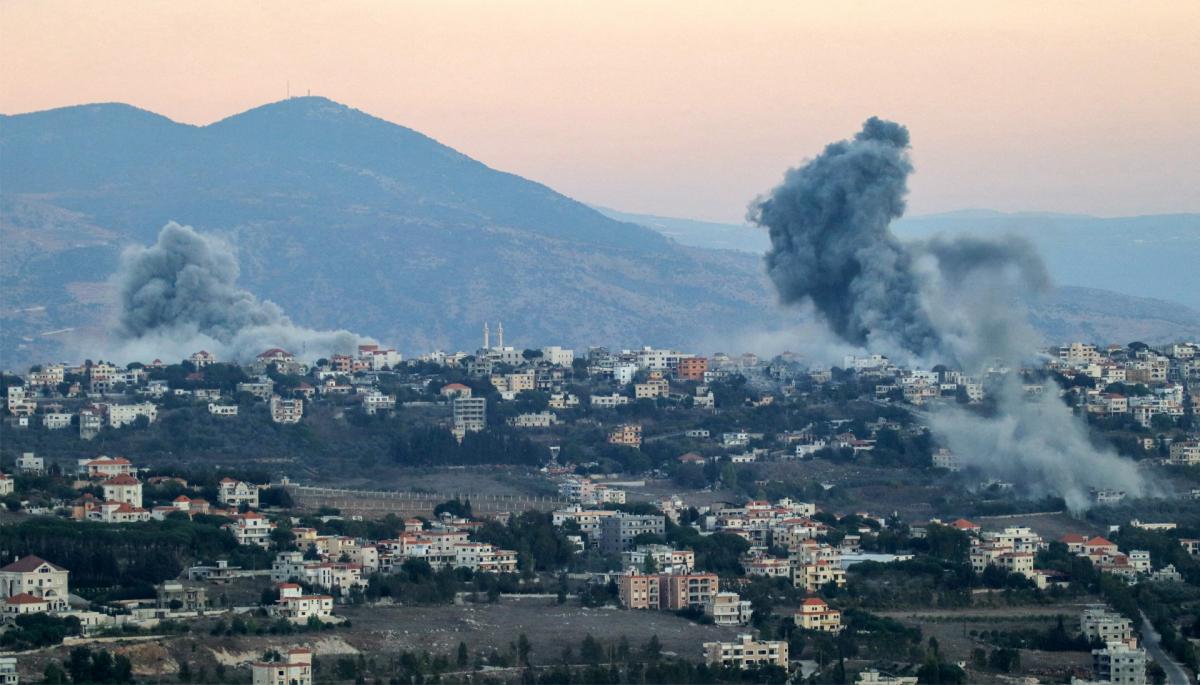Many former Israeli officials, particularly those who participated in negotiations that led to agreements with Egypt, the PLO, and Jordan, recount telling their Arab counterparts that accepting what was offered to them, however bitter or unjust, was better than what would be offered later. History has proven them right. The Arabs have retreated from seeking to “throw Israel into the sea” by rejecting the Partition Plan and the establishment of Israel, to demanding whatever was left of a fragmented land in the West Bank and a devastated one in Gaza, which would be under international trusteeship according to the plan proposed by President Donald Trump.
What holds true for Palestine also holds true for Lebanon. Lebanon clings to the 1949 armistice agreement with Israel and refuses to go beyond its legal framework. Until 1969, the Lebanese-Israeli border was quiet, but the situation unraveled when the government bowed to the pressure of allowing Palestinian armed action against Israel from South Lebanon, as if Lebanon had to pay the price for not entering the military war in which Israel defeated the Arab armies in five days.
Since then, Israel has invaded Lebanon several times and occupied parts of its territory on more than one occasion. Each time, Lebanon was offered a chance to move beyond the framework of the armistice to something more solid and durable, but Lebanon persisted in its refusal, each time with a different excuse.
A major opportunity emerged in 1982 when Israel invaded Lebanon and its army reached Beirut. The two countries, under the auspices of the United States, reached the "Agreement for the Withdrawal of Israeli Forces from Lebanon," known as the May 17th Agreement. It was never implemented and was later abrogated, without anyone defending its merits, even though it was better than what is being offered now and what will be placed on the table later.
The failure to sign the May 17 Agreement was a fatal mistake for Lebanon. The future will reveal who committed this error and why.
And the agreement on the cessation of hostilities, which was reached two years ago in two weeks, has not yet been fully implemented while Lebanon insists Israel has not respected it. It remains better than what might be offered later if this Lebanese tergiversation continues in implementing the prerequisites related to dismantling “Hezbollah's” military and security structure and confining weapons to official state institutions—the fulfillment of which would lead to Israel's commitment to the agreement.
Now that we have reached this point, ten months after the election of a president and nine months after the announcement of a government, it is clear that what the state has achieved is far less than what citizens expected following the presidential inauguration speech and the ministerial statement. It is a far cry from what Lebanon needs in terms of rescue initiatives and steps that lead to building its role and future in this phase of competition over roles.
It might be useful to amplify the President of the Republic's position on adopting negotiation with Israel and turning it into a reality. Direct negotiation is preferable. But whether it is indirect is not important. What matters is that it be under American or international auspices and at an official political level, with military personnel acting as technical experts alongside the political negotiators.
The time for rationality in politics has come. The time for political romanticism is over. The time for illusory heroics has faded. The time for suicide has left the country in ruins.
The time for “Arab nationalism” has passed. The time for the “eternal Arab nation” is finished. The time for rationality and achieving national interest is now. Here are the Arab states, each hurrying individually to serve its own interests. So why don't we take the initiative?
Direct negotiation with the enemy is what leads to guaranteeing security, stability, and reconstruction for Lebanon. It is what safeguards the rights of Lebanon and its people.
Please post your comments on:
[email protected]
 Politics
Politics








